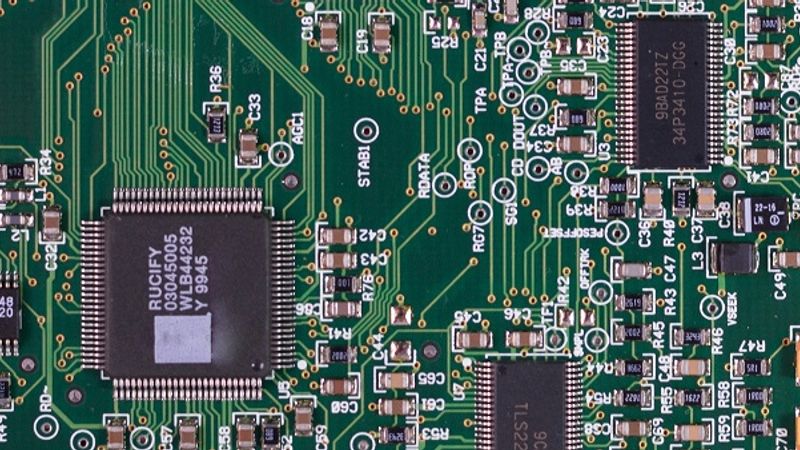I know that this is probably left field when considering what I normally write about, but I also think it’s an important conversation because it can be broadened out to incorporate most things in life, not just electronics.
The idea that we “consume” electronics is baffling, outside of parts that have clear degradation over time (batteries primarily) we should be able to continue using electronic devices functionally forever or at the very least until their processor dies and up to a point that’s how it was, I’m pretty sure my old Nokia phone still works, or would if I replaced the battery and if the old frequency bands still existed. The trend towards smaller and smaller devices has changed the paradigm though, instead of being able to fix something yourself by desoldering a dead component (or in the Nokia phone example, replacing the battery) now you’re expected to discard the device and buy a new one because the time and labour costs associated with repairing it have become significantly more than replacing it, and in many cases this is likely to be artificially inflated.
Note: silicon chips are inedible, don’t consume them.
For evidence of this fact look at the device you’re reading this on, if you’re on a phone chances are you can’t replace your battery without voiding the warranty (and spending a lot of time carefully disassembling your device in the process), but only ten years ago replaceable batteries were the default. Because the batteries were clearly the first thing to die. Batteries became a sealed unit of the phone for several reasons, size and manufacturing complexity were definitely considerations but I’m sure in a boardroom somewhere the increased turnover of phones and the ability to drop software support for them were carefully considered (and whoever came up with the idea probably got a nice bonus). Evidence for companies behaving in this sort of anti-repair anti-environmental way litters our world (literally in many cases), just look at proprietary connectors designed to sell cables. As a side note any company producing consumer equipment that does this in the modern day deserves to be shunned (looking at you Apple) now that we have fairly universal connectors capable of significant power and data throughput (USB type C is slowly replacing every cable for devices I have… finally).
But give the right to repair struggles that have cropped up recently and the continual miniaturization of gadgets it’s time we started considering how we consume things, whether those things be plastics or phones. If not as an environmental concern, as an educational financial concern. Distribution and tech companies control a staggering portion of the worlds wealth at this point and whilst I don’t begrudge them the success I do question why we throw everything away. If it’s dead and can’t be resurrected that’s fine but if your speakers have served you perfectly fine for seven years and then you accidentally ran over the power cable with a lawnmower perhaps consider getting it repaired (or doing it yourself if that’s something you’re qualified and legally permitted to do where you are). I’ve worked with manufacturing before, if you think that all you’re throwing out is a little widget think again, you’re throwing out the widget, the time, the resources and all the shipping and packaging of parts that got that widget made and to your door.
Maybe it just me but I’m sick of the plastic garbage that you get now and I’d rather just fix the speakers I have than buy new ones. A little less plastic waste is still less plastic waste.
